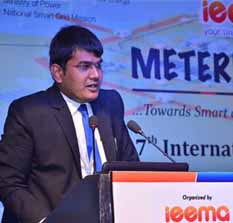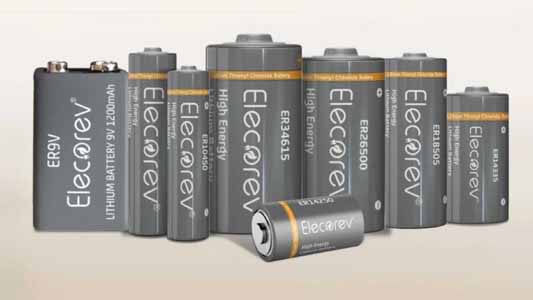Batteries play a crucial role in powering IoT devices, providing the necessary energy for them to function effectively. With a wide range of battery options available in the market, it is essential for IoT entrepreneurs to choose the right type of battery that suits their specific needs and requirements.

Elecorev Innovations Private Limited
One popular choice for IoT devices is lithium batteries due to their high energy density, compact size, and reliability. Lithium batteries offer a high voltage output and excellent performance, making them ideal for powering IoT devices that require long-lasting and efficient energy sources. These batteries can function well in various environmental conditions, including both low and high temperatures, making them versatile for different applications.
Among the lithium battery options, Lithium Thionyl Chloride (Li-SOCl2) cells stand out for their durability and performance features. There are two main constructions of Li-SOCl2 cells – bobbin and spiral. Bobbin cells are suited for applications with low to moderate currents and are capable of withstanding wide temperature fluctuations, making them suitable for use in remote or harsh environments. They offer long lifespans and stability over time, ensuring a reliable power source for IoT devices.
Innovative battery technologies, such as Elecorev’s new range featuring Li-SOCl2 cells combined with Lithium-ion Capacitors (LIC) or Hybrid Pulse Capacitors (HPC), provide enhanced performance and longevity for connected devices. These capacitors offer low self-discharge, high capacitance, and the ability to sustain high pulses and temperatures, making them an ideal choice for IoT applications that require long-term reliability and energy efficiency.
When selecting a battery for IoT devices, several factors need to be considered. Understanding the nominal voltage requirements of the electronics, environmental conditions where the device will be deployed, and the consumption profile, including pulse current and frequency, are essential considerations. Different battery technologies offer varying voltage outputs and capabilities, so choosing the right battery type that aligns with the device’s requirements is crucial for optimal performance.
For IoT entrepreneurs facing challenges in selecting the most suitable battery for their devices, seeking expert advice from application engineers can provide personalized recommendations based on specific needs and usage scenarios. By partnering with professionals who understand battery technologies and IoT requirements, entrepreneurs can ensure they find the perfect power solution to drive their innovations efficiently and effectively.
In conclusion, choosing the right type of battery is paramount for the success of IoT devices. Lithium batteries, particularly Li-SOCl2 cells, offer a compelling option for IoT entrepreneurs seeking high performance, longevity, and versatility in powering their devices. By considering the unique specifications and requirements of their IoT applications and seeking expert guidance when needed, entrepreneurs can navigate the diverse battery options available and make informed decisions to fuel their IoT innovations.













